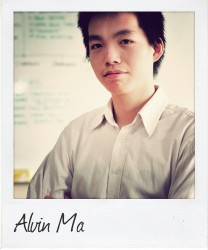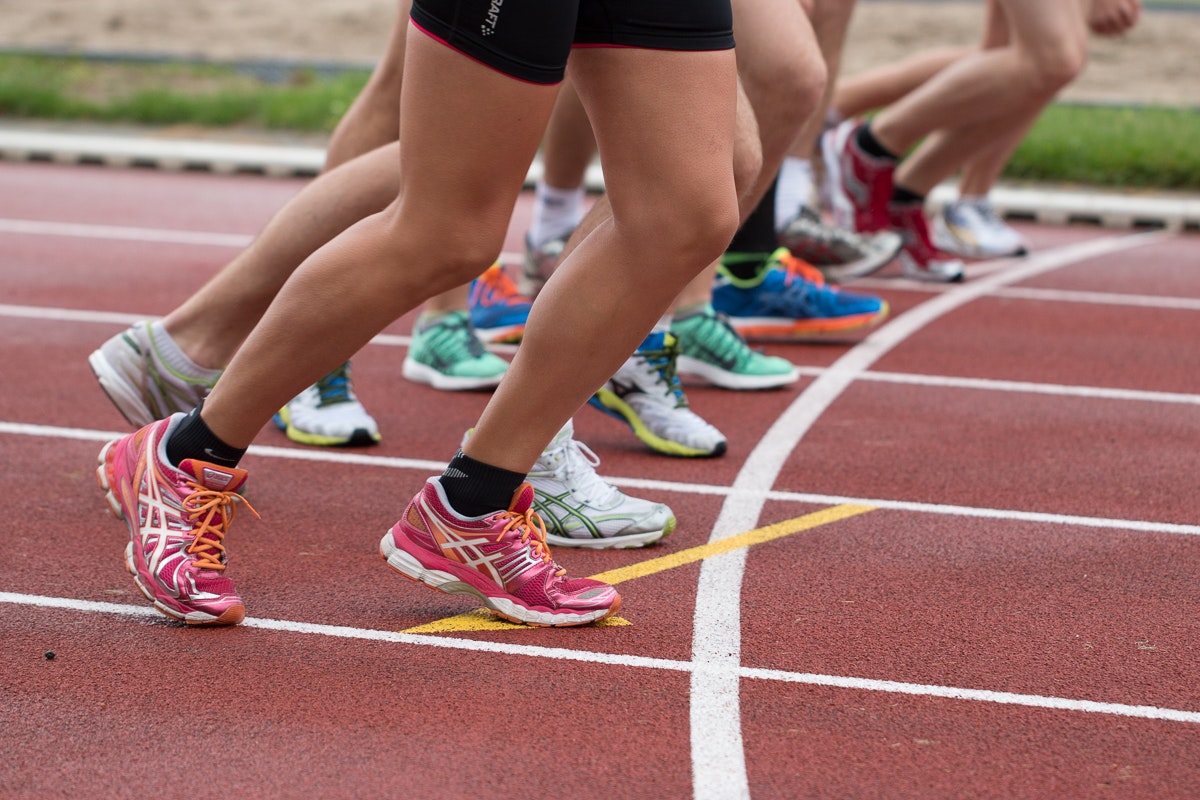“Powering our common future through sport”
April 14 Alvin Ma, 26, a Commonwealth Correspondent from Canada, describes the powerful combination of sport and education in creating a fairer future for the Commonwealth.
Alvin Ma, 26, a Commonwealth Correspondent from Canada, describes the powerful combination of sport and education in creating a fairer future for the Commonwealth.
“I wouldn’t claim to have made any great discoveries, but at any rate I satisfactorily inched forward in our knowledge of a particular aspect of medicine…I’m far more content with that than I am about any of the running I did earlier.”
This quote attributed to the late “Miracle Mile” runner Roger Bannister, might sound dismissive of sport. However, I view this quote in the opposite light, where an athlete is more than just a one-dimensional entertainer but a productive contributor in many aspects of society.
With the Olympic and Paralympic Winter Games, the Commonwealth Games, and the FIFA World Cup all happening within a span of four months, international sporting events should serve as topics for serious conversations. Even if time zone differences deter some people living in Canada from watching these events live, billions of people follow these major sporting events, and thus I think it is important to use sport for “Powering Our Common Future” (the theme of the Commonwealth Youth Forum).
One key subtheme of the Commonwealth Youth Forum is making a “fairer” Commonwealth. The idea of sport as a tool for bridging gaps is not a novel idea, but sport is likely not the top-of-agenda concern when delegates from around the corners of the world gather for the Commonwealth Heads of Government meeting in London next month.
If asked, “Can sport alone create a fairer Commonwealth?” I will refer back to my first article five years ago: my answer was that sport can’t solve problems alone, but works best as a supplement to education. A follow-up question (taken directly from The Commonwealth Essay Competition) asks, “How does education contribute to a fairer future?”
As a high school teacher and guidance counsellor, I see the power of education. As a researcher from the field of Exercise Sciences, I also see the power of sport and find many relatable life skills stemming from sport. Similar to the recent article by Dennis Kwasi Boateng, my master’s thesis research which I presented at the 2017 FISU (University Student Games) conference found that some parents still raise questions about their children’s career prospects upon completing a degree in the Faculty of Kinesiology and Physical Education. Nonetheless, the same research also found that increasingly more families view sport as compatible with education.
There can be similar educational outcomes in sport and in academics. One relatable example to fairness is having equal punishment for failing to complete a task regardless of status. A coach of a team sport needs to have the courage to suspend a star athlete for failing to attend practice, similar to how a teacher requires the courage to discipline high-achieving students when they make mistakes. I recall being a “teacher’s pet” throughout my years in school, but among my most memorable moments was receiving detention for failing to complete my homework one day. That professional educator wanted to show to everyone that there was no preferential treatment. I keep this situation in mind whenever I coach or teach, though I recognize that there are numerous circumstances that require more equitable solutions in order to achieve fairness.
There are many athletes who are at the forefront of powering our common future by using their public platforms to educate and advocate for fairness. Former Commonwealth Advisory Board on Sport Chair (and competitive runner) Bruce Kidd commented that Bannister exemplified the “well-rounded citizen-athlete” who was a leader in society and used his knowledge in ways that could transform lives. Other participants who are involved in sport might not have these public platforms but do unheralded work that not only promotes fairness, but also the other three Commonwealth Youth Forum subthemes of security, sustainability, and prosperity. For example, many local football academies (among other sport for development and peace projects) tirelessly strive to bring about sustained peace in conflict regions by educating diverse participants to respect different cultures so that future generations can enjoy the prosperity that peace dividends can provide.
Much has been mythologized about the Miracle Mile, where John Landy looked over the wrong shoulder as Bannister sprinted past him in the final stretch of the race at the 1954 British Empire and Commonwealth Games in my hometown of Vancouver, Canada. Much has been mythologized about Landy as well, who in a display of fairness to fellow competitors, stopped to assist a fallen runner before proceeding to win the mile race. If these are the moments we select to be part of our collective memory for educating future generations, then yes, I believe that sport is essential for powering our common future.
…………………………………………………………………………………………………………………………………………………………………
Opinions expressed in this article are those of the author and do not necessarily represent the views of the Commonwealth Youth Programme. Articles are published in a spirit of dialogue, respect and understanding. If you disagree, why not submit a response?
To learn more about becoming a Commonwealth Correspondent please visit: http://www.yourcommonwealth.org/submit-articles/……………………………………………………………………………………………………………………………………………………………




